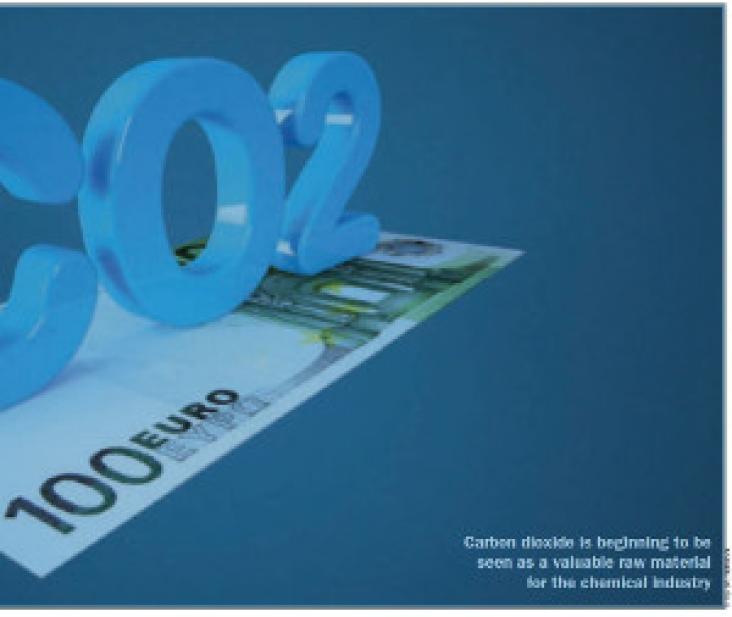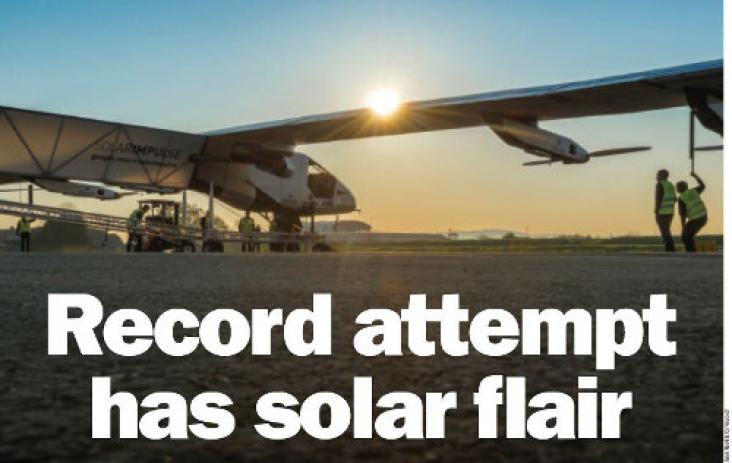
All-Energy is the UK’s largest renewable energy event, providing industry suppliers and thought-leaders the opportunity to connect with new customers and expand business networks in this fast-changing marketplace as well as learn about latest technologies and solutions. Presentations from the 2017 event provide invaluable insights into bioenergy, solar, offshore and onshore wind, hydropower and wave & tidal sectors, as well as energy storage, low carbon transport and sustainable cities solutions. This is directly related to SDG 7: Affordable and clean energy.
A number of property companies are going beyond traditional corporate responsibility to be net positive. Instead of opting for sustainability strategies that manage risk and reduce negative impacts, these companies are seeking to put back more into society, the environment and the global economy than they take out. Whilst the breadth and scope of these net positive commitments made by real estate leaders vary, there is enormous opportunity for this sector with sustainability and in supporting SDG 7 and 13.
LexisNexis Legal & Professional,
LexisNexis France, Lexis360, Collectivités Territoriales, 16 February 2017
In France the goal is to reduce greenhouse gas emissions by 25% by 2050. To support this, there are ambitious targets for the development of photovoltaic energy: 500 MW of new installations per year at a constant rate. Following a consultation with the stakeholders from the photovoltaic sector, a new regulatory framework for solar energy, set out in this detailed practice note, has been implemented which provides two distinct mechanisms depending on the type of installation. Solar energy is critical to SDG 7.2 to increase substantially the share of renewable energy in the global energy mix.
Texte en français.
Texte en français.
LexisNexis Legal & Professional,
LexisNexis France, Lexis360, Collectivités Territoriales, 13 February 2017
In France, the law on the development of wind farms has undergone major reform over the last few years aimed at easing regulation to remove existing barriers to the transition to a low carbon economy and to simplify financing. This practice note provides detailed guidance on the current regulations, as they apply to existing wind farms and to the development of new wind farms. Wind power is critical to SDG 7.2 to increase substantially the share of renewable energy in the global energy mix.
Texte en français.
Texte en français.

It is a sign of the maturity of the green and biobased chemicals sector that major producers and technology providers are making moves to join the entrepreneurs and start-ups that have been driving the technology forward. This positive trend supports the advancing of SDG 9 Industry, Innovation and Infrastructure, and SDG 7 Affordable and Clean Energy.
The Blueprint for Business Leadership on the SDGs aims to inspire all business — regardless of size, sector or geography — to take leading action in support of the achievement of the Sustainable Development Goals (SDGs). It illustrates how the five leadership qualities of Ambition, Collaboration, Accountability, Consistency, and Intentional can be applied to a business' strategy, business model, products, supply chain, partnerships, and operations to raise the bar and create impact at scale. The Blueprint is a tool for any business that is ready to advance its principled approach to SDG action to become a leader. This chapter relates specifically to SDG 7.
California-based Facebook is planning to build two data centres measuring 184,000 square metres in Denmark’s third largest city. This could push up total Danish power demand by a 10%, and accelerate investments in wind production. Increasing the production of wind power and other renewables contributes to the advancement of SDG target 7.2 to increase the share of renewable energy in the global energy mix.
On-site energy storage systems can be used in both domestic and commercial buildings to address the increasing demand on electricity. This would require energy to be purchased at off-peak times and stored for use during peak times. Despite a number of benefits to on-site energy storage systems, they are not yet an economically viable solution, although by 2021 costs are expected to fall significantly. Future-proofing buildings in the form of battery technology supports SDG 7 - affordable and clean energy.

The Business Case for Carbon Neutral Cities session was hosted by UNEP and Sustainable Energy for All in collaboration with the Danish Ministry of Foreign Affairs, the Swedish Trade and Invest Council and Empower, the largest district cooling operator in the world. Held at La Galerie des Solutions (by World Efficiency Solutions), an exhibition of climate solutions, that took place during the COP21, in immediate proximity to the negotiations zone.

An idea spawned a decade ago finally becomes a reality as Solar Impulse prepares for the first round-the-world flight by a plane producing zero emissions. Collaboration across several partners has been a key component to developing the materials and design of Solar Impulse. Innovations like this are vital to SDG 7.2 to increase substantially the share of renewable energy in the global energy mix.
